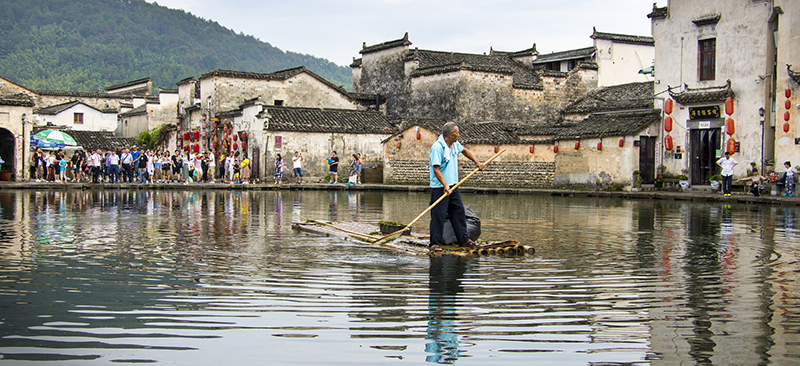
MSC developed a strategy to roll out Water.org’s WaterCredit program and identified potential MFIs and WASH NGOs partners. We conducted a macro-level analysis of the Indonesian microfinance and water and sanitation sectors and identified specific geographies for the expansion of WaterCredit services. MSC executed primary research to make suitable recommendations. The research covered clients in the urban, peri-urban, and rural areas of Jakarta, West Java, Central Java, East Java, East Kalimantan, and West Sumatra.
Based on MSC’s recommendations, Water.org launched its WaterCredit program in Indonesia in 2014. The report assisted Water.org to target relevant geographies and financial institutions to kick-start the program. By the end of 2018, over 470,000 WaterCredit loans amounting to USD 18 million were disbursed in Indonesia.
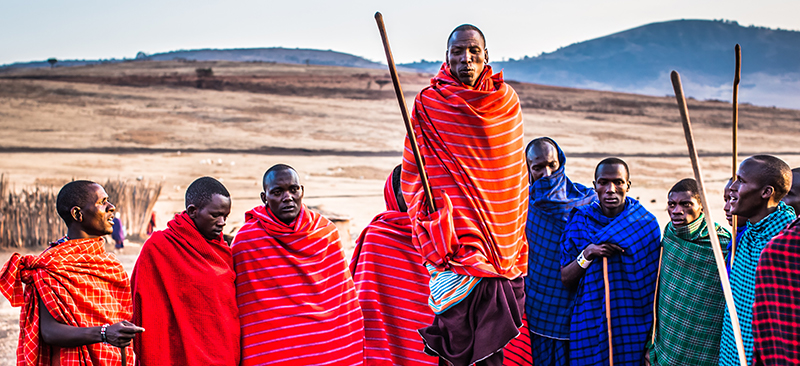
Mobile money providers around the globe are compelled to rethink their distribution networks as the industry completes two decades of operations and competition increases. To study the space, GSMA contracted MSC to conduct a market assessment of mobile money providers. The assessment gathered information on mobile money providers that have been implementing innovative practices to improve traditional methods of agent distribution.
MSC focused particularly on those practices that improved efficiency, delivered better customer service, and reduced costs. We identified new and innovative initiatives and distribution models, which we classified into existing challenges in the agent distribution network. The research exercise assessed and documented the leading new agent distribution networks.
The MSC team gained insights on how mobile money providers use these new initiatives to “future-proof” the distribution of financial services through agents. We also explored the existing synergies between mobile money providers and the DFS+ players that seek to implement new strategies for the future.
The resulting report is now one of the more popular downloads on GSMA’s website.
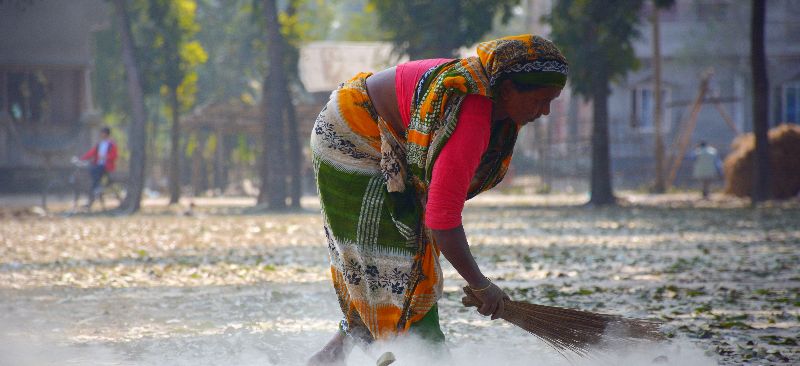
MSC worked for IFC in Bangladesh to financially include more women by promoting the use of mobile financial services (MFS). We used our signature Market Insights for Innovation and Design (MI4ID) approach and behavioral research methods to conduct an extensive in-depth research to understand the needs, requirements, and preferences of female MFS users in the country.
Based on research insights and requirements of the demand and supply sides, MSC designed two women-centric MFS products. These products were to be concept-tested. With women representing less than 3% of MFS agents in Bangladesh, the project also highlighted that enrolling more women MFS agents will, in turn, increase the use of MFS among female users.
MSC documented the lessons in knowledge material produced for the engagement. Bangladesh Bank recognized the importance of the appropriate products and toolkits and highlighted the report and product ideas on its website.
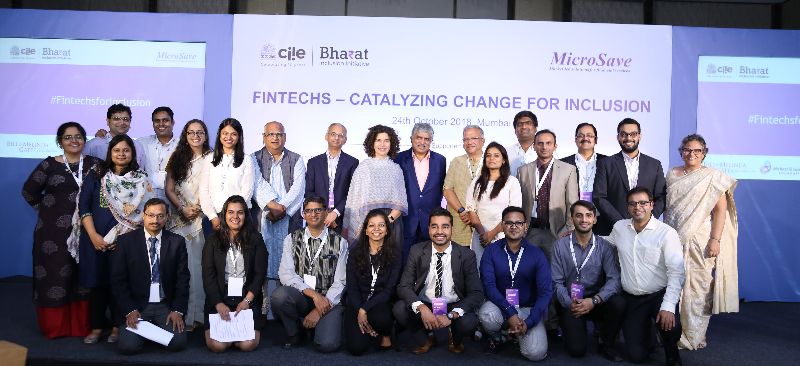
MSC launched the ‘Financial Inclusion Lab’ in India—a one-of-its-kind incubation program that aims to address financial exclusion. The lab will provide intensive consulting, catalytic support, prototyping capital, and customized services to early-stage FinTech start-ups that focus on the low- and middle-income (LMI) segments.
The USD-9.5-million initiative will identify and bring to scale early-stage FinTech start-ups that help LMI families. The start-ups will enable access to and use of appropriate financial products and services, such as savings, credit, and insurance for LMI households. The Lab is part of IIMA-CIIE’s Bharat Inclusion Initiative (BII), a program that incubates and supports start-ups that develop technologies to benefit under-served communities in the areas of livelihoods, financial inclusion, health, and education.
The Bharat Inclusion Initiative receives support from Bill & Melinda Gates Foundation, the Michael & Susan Dell Foundation, and the Omidyar Network. The overall initiative would channel approximately USD 25 million over the next 3-4 years to back start-ups that use the ongoing digital transformation in India to create access to services for hundreds of millions of families.
At the time of writing, the Financial Inclusion Lab was gearing up to incubate six cohorts covering about 60 start-ups over a period of four years.
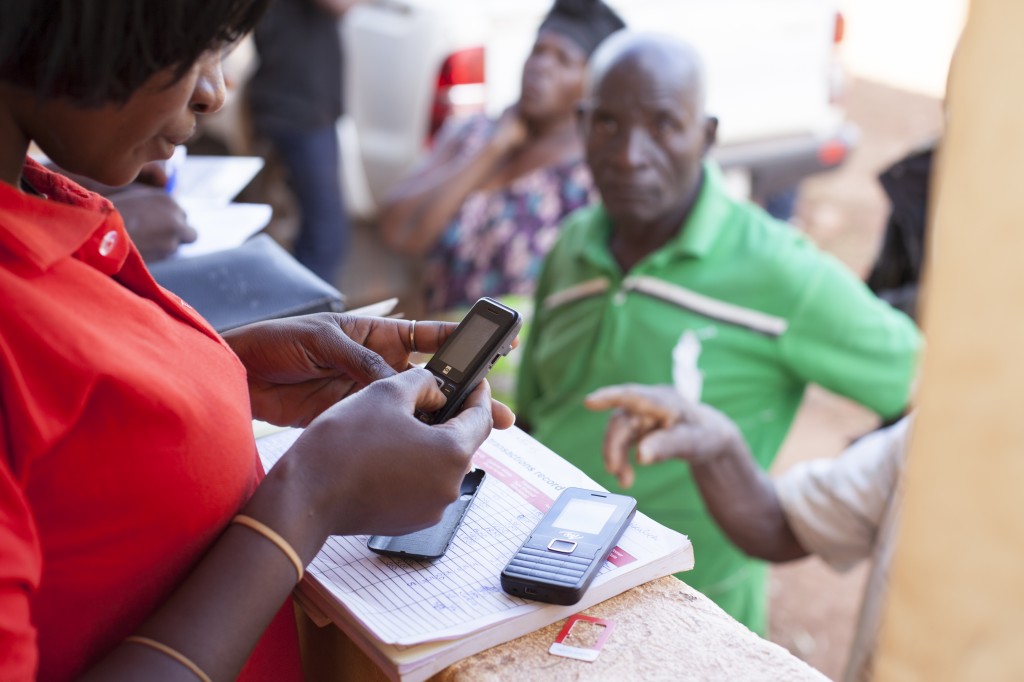
In India, MSC has have been associated closely with the growth story of M-PESA, Vodafone’s mobile money transfer service. We have been instrumental in providing technical support, especially in building agent networks. On applying for M-PESA, customers get a mobile wallet issued by Vodafone and a mobile money account with ICICI Bank. Customers can access the account through USSD. Vodafone had launched a mobile application for this purpose.
MSC experts studied the ease of use of the USSD service from a user perspective to review navigation and content. We conducted primary research in five states in India to develop recommendations on improving the UI of M-PESA’s USSD platform and suggestions for improvement in platform communications. M-PESA implemented these changes, which had a positive impact on its 3-million-strong customer base at the time.
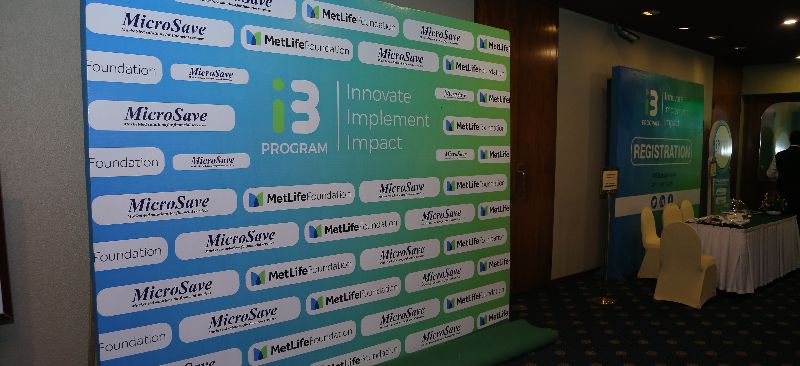
The Innovate, Implement, Impact (i3) Program makes use of technology for meaningful financial inclusion. Under this program, MSC works with implementation partners in both Bangladesh and Vietnam to optimize the design and delivery of products and services to meet the needs of low- and middle-income (LMI) clients.
MSC also works with FinTechs like technology-based start-ups, Mobile Financial Services (MFS) providers, and IT solution or platform providers. We facilitate partnerships with Financial Service Providers (FSPs), such as banks, microfinance institutions (MFIs), and cooperatives to enable large-scale outreach and provide the critical last-mile access.
The i3 Program will make a direct difference to at least 400,000 under-served LMI clients over a period of three years in both markets. It will improve the financial health by LMIs in two ways: by enabling access to formal financial services for new customers, or through deepening usage and extending a border range of services to existing customers. In addition, we expect that around five times more people will derive indirect benefits because of ripple effects from the interventions in these markets.
Supported by MetLife Foundation, the program is also active in China and Malaysia. For more details visit the i3 Program website.





